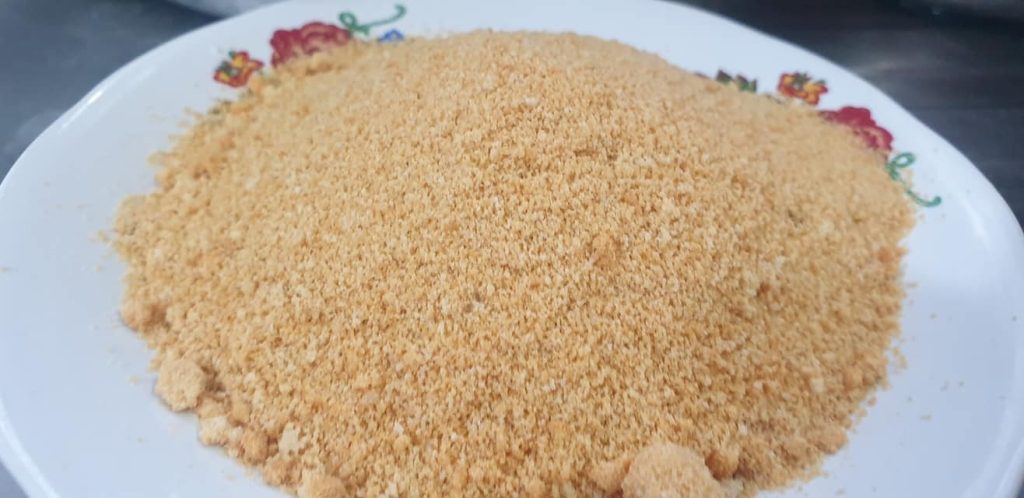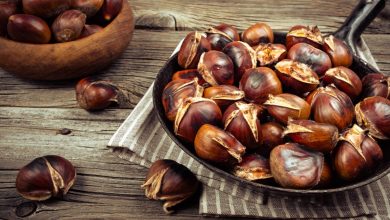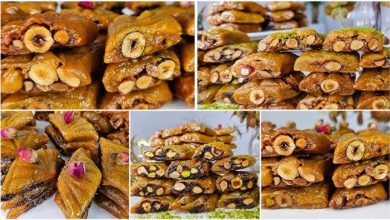Bagul and Iqit: Preserving Ancient Bedouin Dairy Traditions Along the Euphrates
Across the Fourat region, these time-honored salted and sun-dried dairy staples—Bagul and Iqit—carry both nutritional value and centuries of nomadic heritage.
Long before refrigeration, Bedouin communities roaming the deserts of the Fourat region mastered the art of preserving food for long journeys. Among their most enduring culinary innovations are Bagul (baqul) and Iqit (heqit), salted, sun-dried dairy products that endure for years—vital for sustaining nomadic life and caravans traversing harsh terrain.
Today, these treats are a living connection to Bedouin survival wisdom, a taste of endurance passed down through generations.
A Necessity Forged by the Desert
Bedouins needed food that could withstand desert heat and long travel. Meats were salted and dried; milk — another staple — was preserved through drying and salting to ensure sustenance across travels.
In the Fourat region, these traditions became culinary cornerstones, with certain families earning reputations for their well-crafted Bagul. The product’s enduring appeal is tied to both its flavor and cultural resonance.

Crafting Bagul
Derived from khiryati, a skimmed, curdled form of milk, Bagul is crafted as follows:
-
The curd is placed in a leather container (called shiqqwah in Arabic or shichwah in Fourat dialect) and churned until butter is released.
-
The butter is removed, leaving a low-fat curd.
-
This curd is gently heated until thickened, then set in cloth for two days to drain.
-
Once dense as labneh, it is salted, shaped by hand, and sun-dried until firm.
The resulting product is tangy, salty, and ideal for pairing with bread or hearty grains—the perfect survival snack on the move.

The Simpler Iqit
Made from the same base curd, Iqit undergoes less processing:
-
The salted curd is shaped into small balls.
-
These are dried under the sun until fully hardened.
Both Bagul and Iqit were traditionally spread over tent roofs to dry under the desert sun—ensuring Bedouin families had preserved, nutritious food throughout their nomadic travels.
A Taste of Nomadic Heritage
Though rare in urban kitchens today, Bagul and Iqit continue to embody the resourcefulness and resilience of the Bedouin people of the Fourat region. More than mere food, they are culinary artifacts — enduring flavors of survival and desert traditions.



